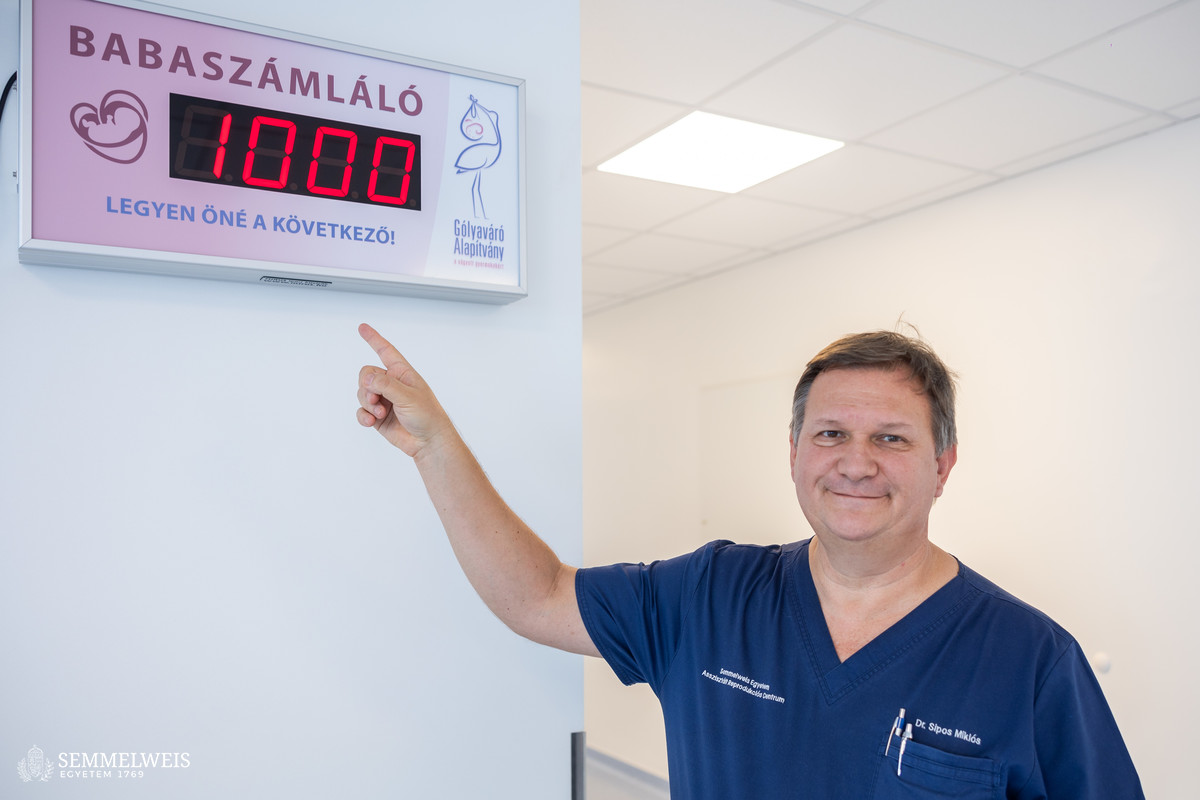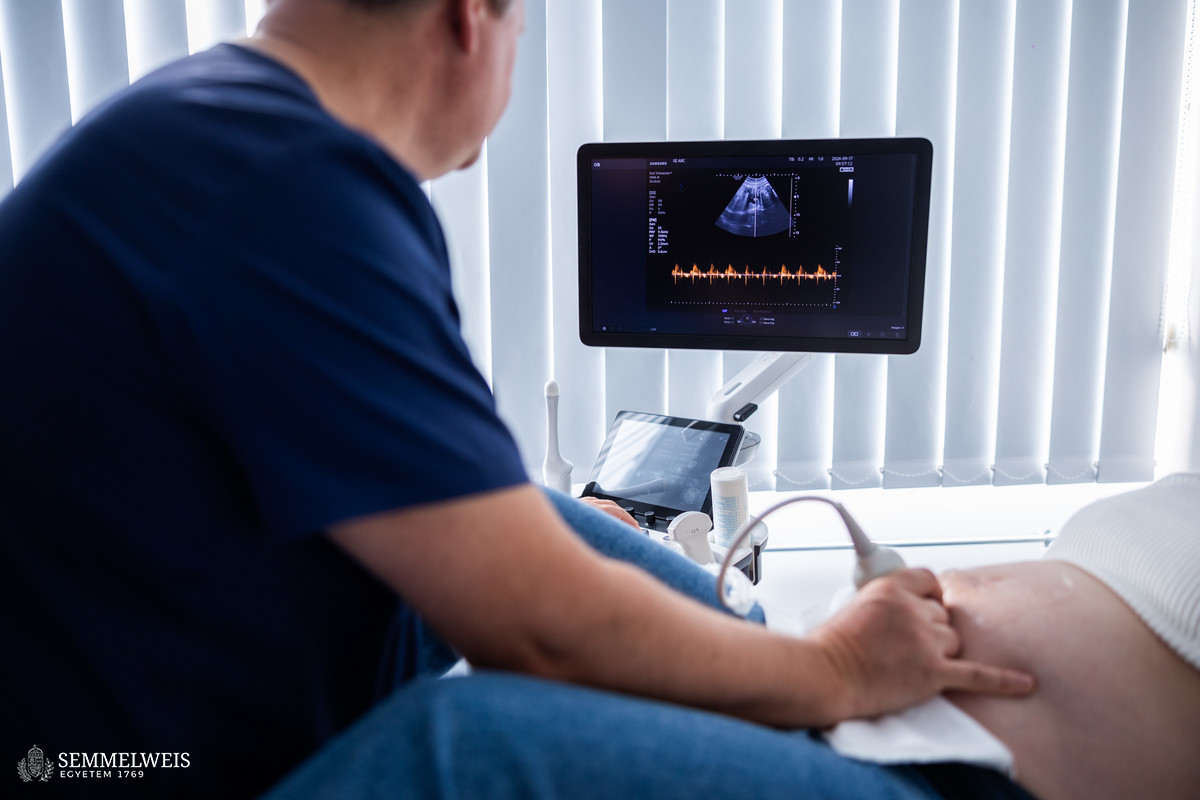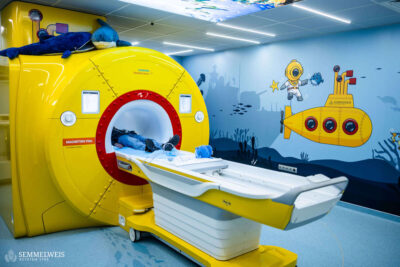“ARC first opened its doors to infertile couples five years ago, in October 2019, with the first IVF treatment carried out in February 2020. By opening day, the Center was well-prepared to welcome patients, as the very first egg retrieval and embryo transfer resulted in a pregnancy and the birth of a healthy baby. It took 3 years and 10 months to reach the 1,000-birth milestone. Based on the current results, we can safely say that every day a child is born in Hungary who was conceived through insemination or IVF (in vitro fertilization) performed here,” said Dr. Miklós Sipos, Director of the center.

ARC has become one of Hungary’s busiest fertility centers, with an annual average of 2,000 treatment cycles, which has been surpassed this year. The average rate of successful pregnancies is 35 percent for patients with an average age of 38 years for women and 39 years for men, compared to over 40 percent for patients under 40. Director Dr. Miklós Sipos pointed out that to promote the birth of mature, healthy babies, they were trying to avoid twin pregnancies. Over 90 percent of blastocyst implantations are performed on day five, and the average number of embryos transferred to the uterine cavity is around 1.2 per implantation, which is a very favorable figure by international standards. As a result, only 6.5 percent of pregnancies conceived in ARC are twins.
By bringing together the most important specialties for the complex examination of infertile couples within a single facility, such as reproductive gynecology, andrology, endocrinology, clinical genetics, psychology, dietetics, and natural family planning, the screening of couples can be significantly accelerated and simplified, the director pointed out.
Dr. Miklós Sipos noted that the center had operated continuously during the COVID-19 pandemic and the lockdowns, focusing on the patients with the worst prospects (early ovarian depletion, advanced age, recurrent or severe endometriosis, patients facing cancer treatment that threatens the reproductive organs), whose chances of having children would have been completely ruined by the end of the pandemic.
With the two reproduction units of the Department of Obstetrics and Gynecology, Semmelweis University is today Hungary’s only specialized provider of oncofertility treatment: For patients with cancer, they can freeze eggs, embryos, ovarian tissue, or semen samples before chemotherapy or other treatments that damage the ovaries or testicles so that cancer survivors still have a chance and hope of having children.
“One of the world’s leading companies in the field of egg and embryo freezing awarded our center with a certificate of distinction, because 98 percent of frozen embryos can be thawed here in such a way that they can be implanted just as well as fresh embryos,” said Dr. Miklós Sipos. Such safe egg and embryo deep-freezing technology is of paramount importance as it can significantly improve the safety and efficacy of assisted reproductive treatments and provide fertility preservation care.
At ARC, we also place strong emphasis on the mental health support and care of couples affected by fertility problems. We make organized efforts to reduce the stress on couples: We offer group therapy and individual psychological care for those in need, while our hospital chaplain provides spiritual care. – Dr. Miklós Sipos
A weight management group is to be launched soon, bringing together a psychologist, a dietician, and a physiotherapist to help couples get rid of excess weight, a common cause of infertility, and thus avoid the need for artificial insemination.
Dr. Miklós Sipos predicts that the next 1,000 babies would be born within three years, based on the current remarkable achievements, the planned improvements, and the expansion of ARC.
Eszter Keresztes
Translation: Judit Szabados-Dőtsch
Photos by Bálint Barta – Semmelweis University



